Counting calories? Why your calculations might not add up to losing weight
Calorie counting is the tried and true method of controlling or losing weight. Here an expert reveals what to do to shed unwanted kilos.
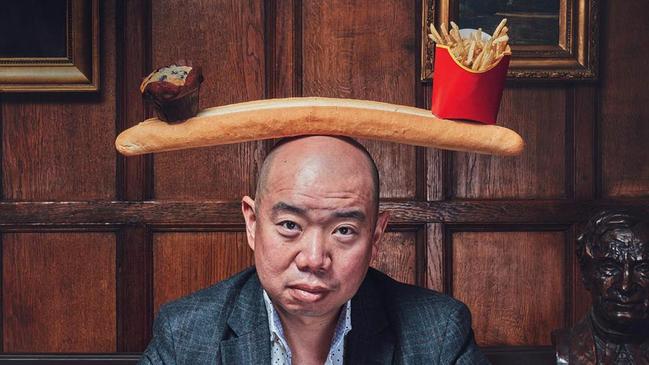
Calorie counting is the tried and true method of controlling or losing weight. But although many people still argue that weight loss occurs when calories out are greater than calories in, regardless of the source of the calories, modern science tells us things are far more complex than this simple equation.
So is every calorie the same? And if not, how on earth do we calculate how much to eat if we want to lose a few kilos?
Cambridge University molecular geneticist Professor Giles Yeo is visiting Australia this week and has the answers ... or at least most of them.
What is a calorie anyway?
A calorie, in the traditional old-school sense, is the amount of heat given off when you burn food. French physicist Nicolas Clement was the first person to define and use the calorie as a unit of heat in the late 17th century, and his work led to the use of calorimetry as a research tool in the developing field of human nutrition and metabolism. This led to the development in 1878 of what was known as the ‘bomb calorimeter’ initially to measure the amount of heat that explosives give off, and which later was picked up by nutritional chemists to measure the total amount of calories in food.
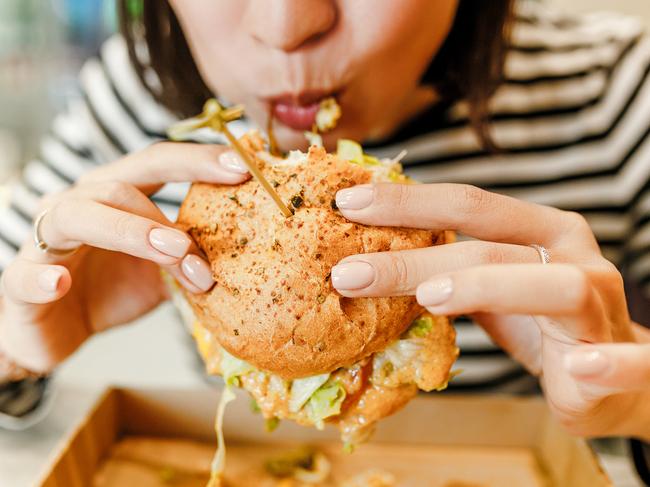
Then in 1882, American chemistry professor Wilbur O. Atwater established that in humans, fats, carbs and proteins have very different biological availabilities - he dubbed this their “metabolisable energy”. He also understood that the specific ratio in which these macronutrients were combined in foods influenced their metabolisable energy. Atwater in 1906 was the first to introduce the concept of the calorie as a measure of energy both in food and energy expenditure.
More than a century on, caloric values across the world used on food labels are still based on Atwater’s original calculations.
You argue not all calories are equal. What’s the basis of this thesis?
If you desiccate food and burn it and measure how much heat is given off, that’s the calorie measurement. It’s the total amount of energy stuck in a food. The thing is, human beings, most living creatures, we are not bonfires. We don’t burn our food. There’s digestion that happens. And so therefore some foods are more difficult to digest than others. They take longer to digest than others, they take more energy to digest than others. And equally, on the other side, they take more energy to metabolise than others. And so depending on what you eat, different types of foods take different amounts of energy to digest and differing amounts of energy to metabolise, which are two separate things. Digestion breaks down food into macronutrients – protein, sugars and fats and fatty acids – and they’re absorbed across the gut wall. That’s digestion. Metabolism is when you get these nutrients to the cells and they’re converted into energy, and they take differing amounts of energy.
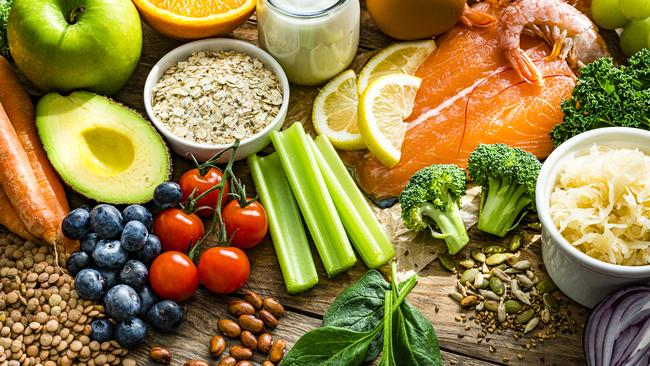
Digestion ultimately influences the available energy in foods, because something that takes longer to digest travels further down the gut, like protein, makes you feel fuller. So anything that takes longer to digest does this, and protein takes the longest to digest because it’s the most chemically complex macronutrient, compared to compared to fat, and compared to carbs in that order, which is why a calorie of protein makes you feel fuller than a calorie of fat and a calorie of carbs. But also, once it gets into you, protein takes more energy to metabolise than carbs or fat. Carbs or fat are just made of three atoms, carbon, hydrogen and oxygen in different configurations, whereas protein has a lot of nitrogen. So whenever you’re dealing with protein, you need to strip out all the nitrogen well as the urea. All of this process takes energy. And so in terms of protein, for every 100 calories of protein that you eat, the body is only ever able to use around 70 calories. Thirty calories of the protein is burnt off as heat.
And so this concept is why a calorie is not a calorie, because it really depends what you’re eating. Are you eating fat? Are you eating protein? Are you eating carbs with fibre, whole grain, or carbs without fibre, and with sugar and white flour? Depending on what you eat, it takes differing amounts of energy to metabolise and to digest. Because we don’t eat calories. We eat food. And so depending on what we eat, differing amounts of calories can be extracted from the food.
Why do some people put on weight and others don’t even though they may be eating the same amount of calories?
This is where the effect of hormones and genetics come into play. Your brain senses a number of different hormones. Some of these hormones are long term signals. They come from your body’s fat. So the more fat you have, the more of these hormones you have. And then there are short term hormonal signals, which primarily come from the gut: the hormone GLP-1, for instance, which has been adapted and formed into pharmaceuticals in drugs like Ozempic. We know of over 20 different gut hormones that exist within our body, and the repertoire of gut hormones that are released is what your brain senses and then determines food’s macronutrient content and how much you’ve actually eaten. The levels of these hormones in the body will change depending on what you eat and the macronutrient mix. On top of that, you also have other hormones, such as insulin, which handle these nutrients and instructs the nutrients either to be stored or to be burnt.
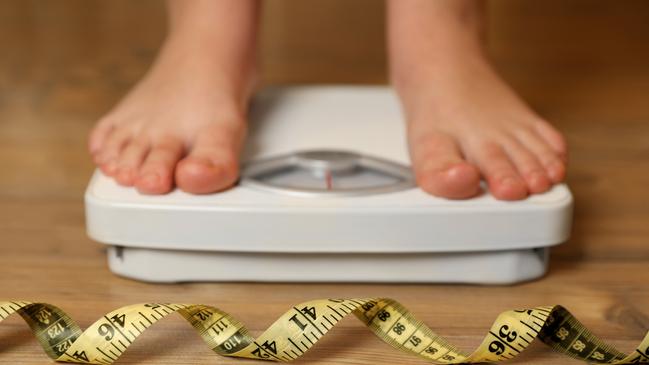
The levels to which your insulin might go up versus for every given gram of sugar or level of GLP-1 the body senses, are going to differ between you and me because of our genes. So there are general trends that are universal across all humans, and they’re going to be quantitative differences depending on my makeup, my ethnicity, and the type of diet I’m eating.
When we look at the genetics of body weight, we know that genetic signals in response to food primarily occur in the brain. Your brain is where the vast majority of these genes exist. Put simply, if you imagine if your hormone levels for fat are circulating at a certain level because you carry 20 kilos of fat, but your brain is slightly less sensitive to the signals, and is sensing 18 kilos of fat instead of 20, it drives you to eat more in order to feel full. But you’re already at 20 kilos of body fat, so you take in too much energy. The same thing is true for gut hormones. Imagine if you’ve eaten 1000 calories for your lunch, but your brain only senses 800 calories, you get the idea. The brain drives you to actually eat more. So the big genetic signal for why some people are larger than others comes from the brain, because those people’s brains are less sensitive to these hormones.
Does it follow then that being overweight is not really a choice, and can we even control it?
All of us have a natural amount of fat that we easily carry and we easily sort of stick at a stable level without trying too hard. Now, this amount of fat tends to be, for most people, a few kilos heavier than they like to be, this is the truth, right? If I lost the four kilos, I would fight for the rest of my life to keep that four kilos off and be miserable, because your brain has a weight that it defends, so to speak. And if you go anywhere below that natural sort of range, your brain will do everything in its power to actually drag you back up, kicking and screaming.

You also have to remember what the evolutionary pressure was for all these set points. Most of us, aside from the past 40 years, would have thought we never had enough food, all the way back to the caveman. Which means that for most of us, the overwhelming drive is when the opportunity to feed arrives, you tend to take it. So these risk factors that make you heavier now can almost be considered advantageous in that context. Our brain is, put simplistically, programmed for a feast-famine environment, because sometimes you got the antelope, sometimes you didn’t get the antelope. This is just a fact of life, but we now live in a feast environment. So that’s why there are people who are fat. The question to ask is, why are there are people who are skinny? That is an interesting question, and that is one of the things we’re actually trying to understand. Because our genes really haven’t changed over the past 3000 years. We’re trying to understand why in this environment that we have, how come some people stay lean whereas other people don’t stay lean, and how come some people stay somewhere in the middle, and what influences and why people behave differently within this environment. It’s not all genes, clearly it’s got something to do with the environment.
That’s a bit depressing. Is there anything we can do to put the brakes on this constant drive to eat more than we might need?
Because the hormone GLP-1 that signals to your body that it feels full rises highest with protein, if you actually eat a reasonable amount of protein, GLP-1 one levels go up, and signals to the brain and makes you feel fuller, so you eat less. So higher protein diets are effective in weight control.
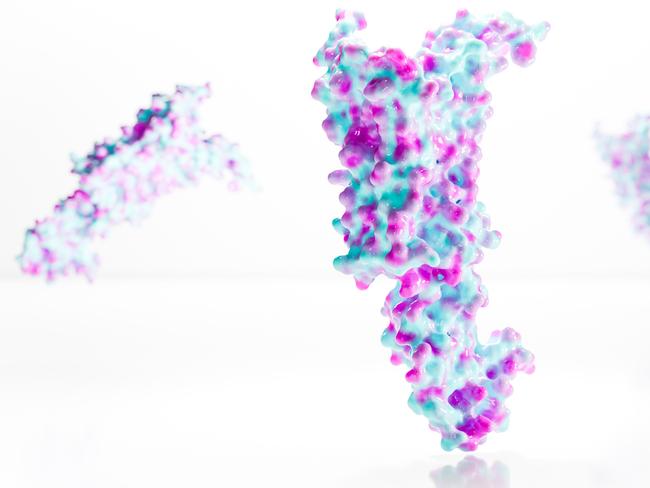
The problem with protein is that there is a sweet spot because of the nitrogen. There is no store of protein in our body, unlike fat and sugar. All the protein in our body is active, which means that if we eat too much protein, and we’re not weightlifting and we’re not an Olympic athlete, then we have to store it as fat and your liver, and particularly your kidneys, has to strip out the nitrogen from the protein, making them work harder. So there is a sweet spot for protein, and it tends to sit around the 16% mark of energy, and that is a spot in which you feel comfortably full when you actually eat, but yet you’re achieving all of your protein amounts to actually keep your functioning. For most people, about 0.8 grams of protein per kilogram of body weight is a very safe level to be eating, but you can go higher than that if you’re weightlifting.
If a calorie is not a calorie, how on earth are we supposed to know how to calculate the amount of daily energy intake we should aim for?
That’s a good question. I think probably counting macros (dividing up the diet intake between carbs, protein and fats) is not a bad way to go. But when you talk about macros, you usually think some gym bunny with a tight T-shirt lifting weights. I do think that we need to have different markers for what is the quality of food. I think that the markers of quality, in shorthand, are probably protein amount and fibre amount. Those are the two absolute crucial things, as well as probably the amount of free sugars in the food.
And so, instead of counting calorie amounts, which only give you the amount of food you’re eating, I think if you mark protein and fibre amount, it’s a shorthand for the quality of the food that you’re eating, and that will influence the way your body utilises the calories in the food and affect your chances of putting on weight.
Professor Giles Yeo will deliver the Nicholas Catchlove Lecture at the University of Sydney’s Charles Perkins Centre on 21st November 2024 on the topic ‘Is Obesity a Choice?’


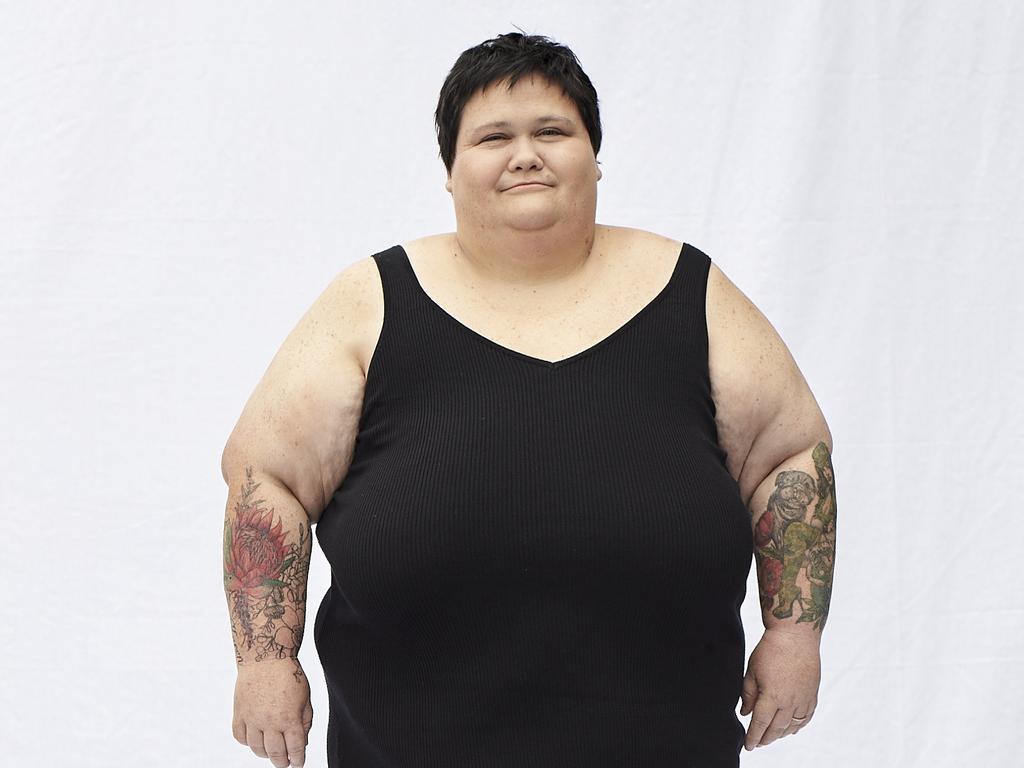
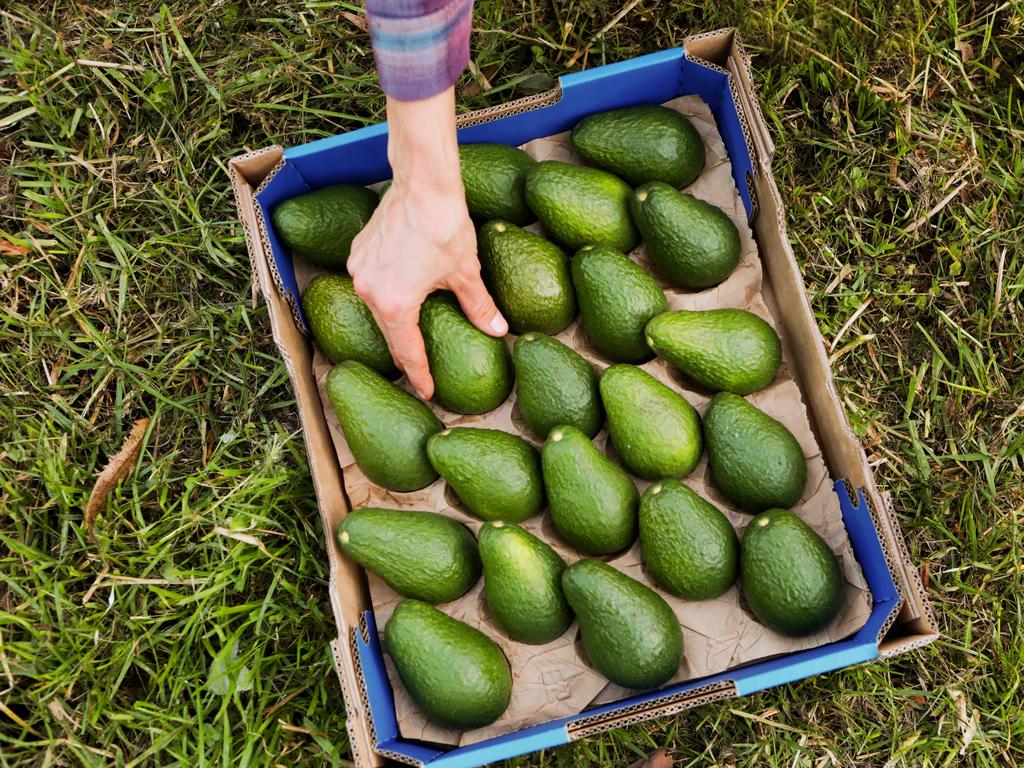
To join the conversation, please log in. Don't have an account? Register
Join the conversation, you are commenting as Logout